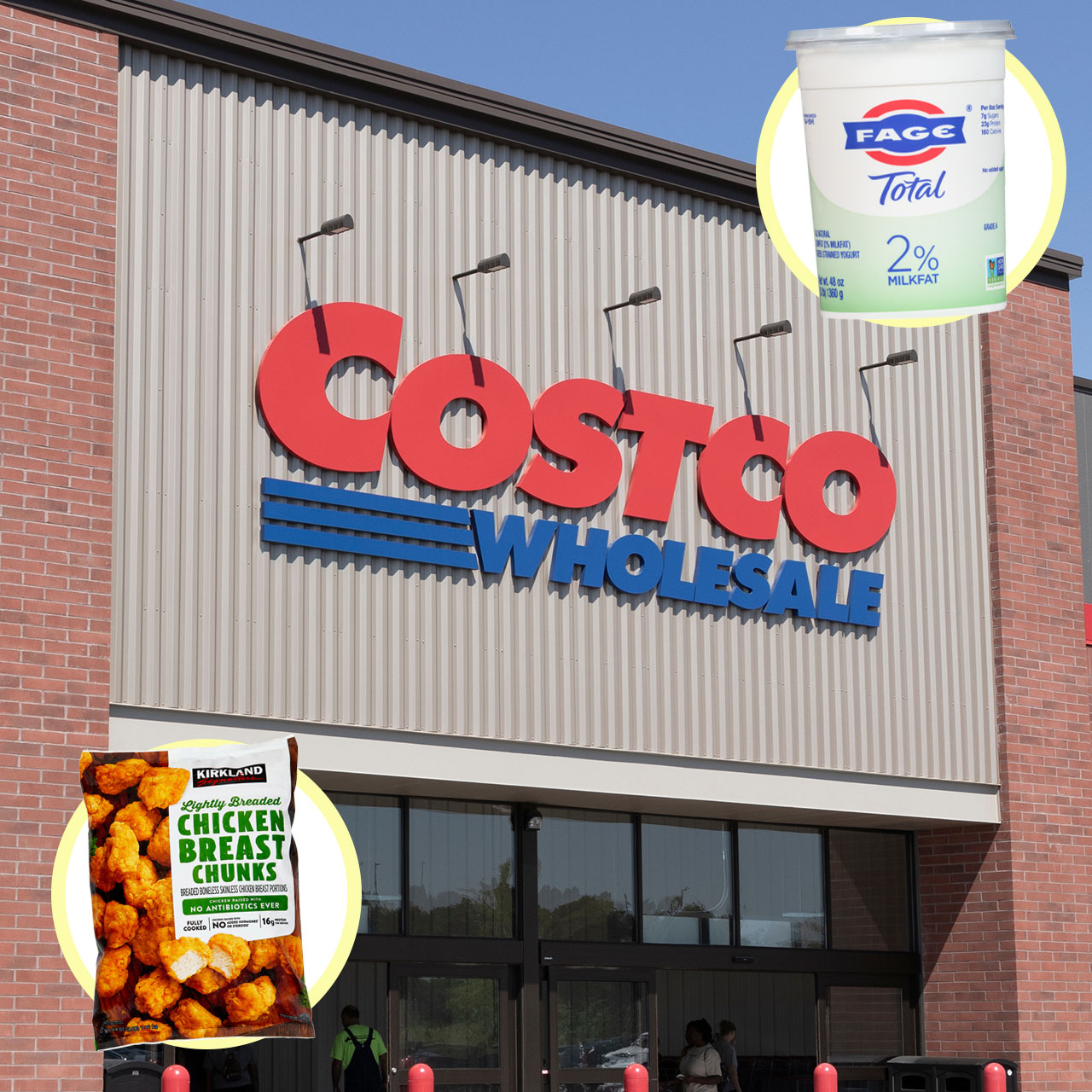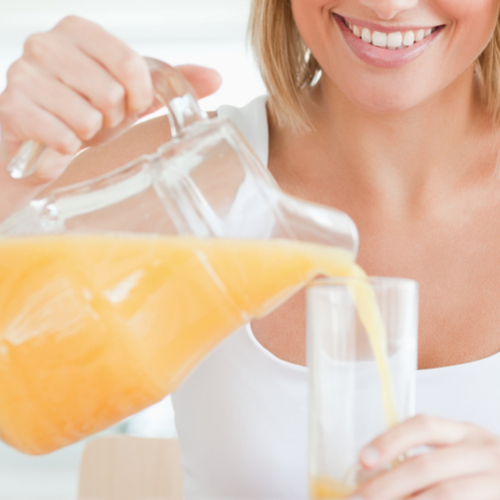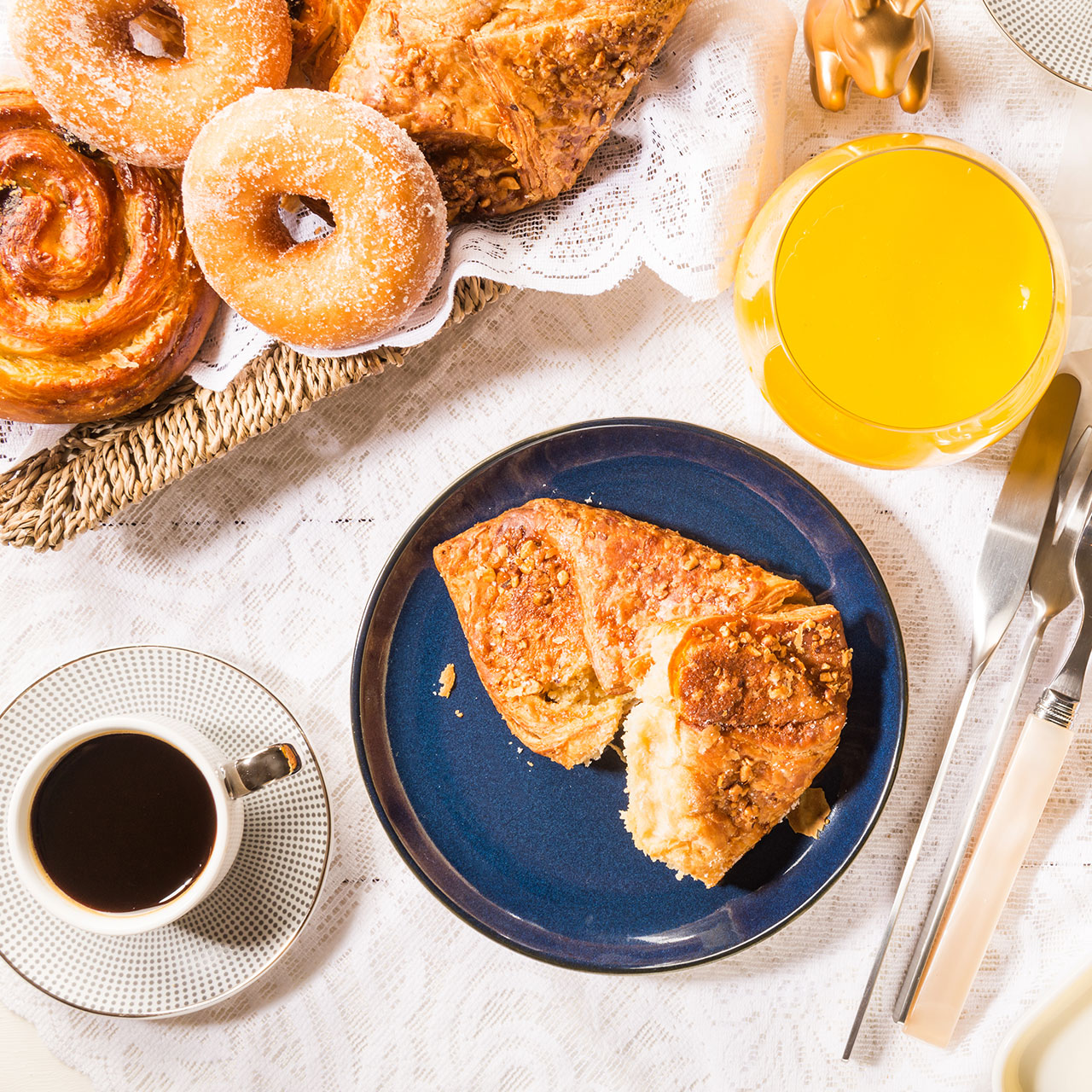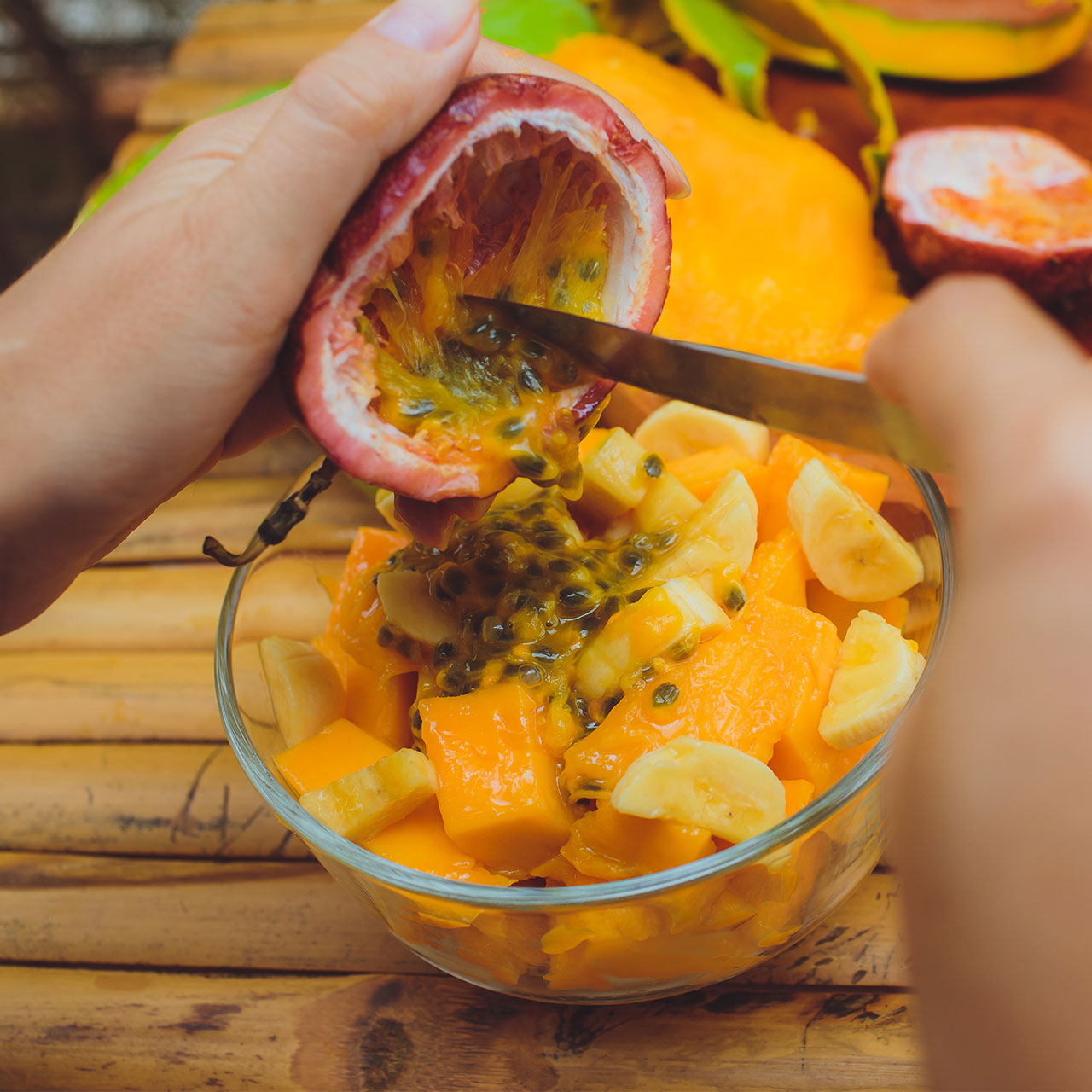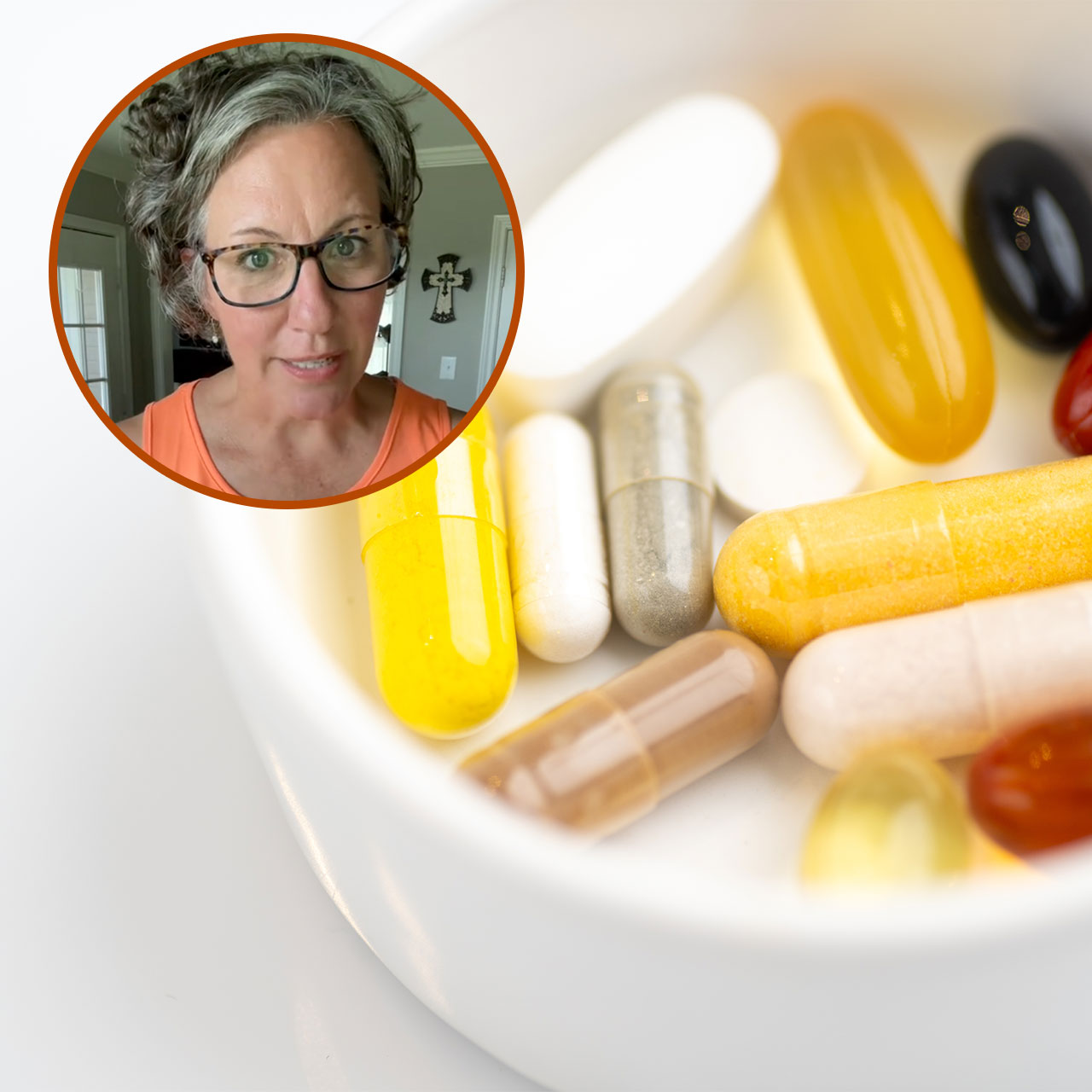This is an archived article and the information in the story may be outdated. Please check the time stamp on the story to see when it was updated last.
The first foods and beverages you consume in the morning are basically the most important things you’ll have all day. Not only do they break your night-long fast and get your metabolism going again, but they set the stage for other meal and snack choices you’ll make throughout the day. If you choose healthy breakfast foods, there’s a good chance you’ll keep that going and opt for healthy lunches and dinners.
You’ve probably heard a great deal about certain drinks that are perfect for the morning. For example, warm water with lemon is always high up on people’s lists because it helps flush out toxins and clean your digestive system. But we don’t hear enough about beverages that you should probably skip…

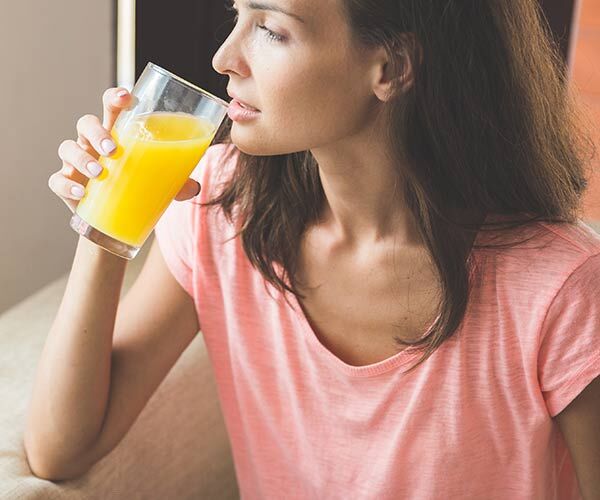
It isn’t unusual to want to start your day with a tall glass of juice--orange, apple, pear, take your pick. Juice and breakfast foods are synonymous with one another and have become known as the perfect pair.
But, when you really begin to analyze the ingredients in many juices. especially store-bought varieties, an entirely different picture emerges.
Bottom line: if you’re trying to lose weight and burn belly fat, juice is not your friend.

There are a few reasons why juice isn’t the ideal drink, starting with one ingredient: sorbitol. Sorbitol is a kind of sugar-alcohol found in fruits like apples, pears, blackberries, raspberries, and nectarines that can actually cause major stomach upset, as well as bloating.
According to Jillian Michaels: “Because it provides fewer calories and sugars compared to regular sweeteners, it is often used in sugar-free or diabetic foods. If you suffer from IBS, or irritable bowel syndrome, any other gut disorders, or regularly experience abdominal distension, pain, cramping, constipation, diarrhea, and flatulence, it is possible that sorbitol, or other short-chain fermentable carbohydrates, also called FODMAPs, may be responsible for your gastrointestinal issues.”
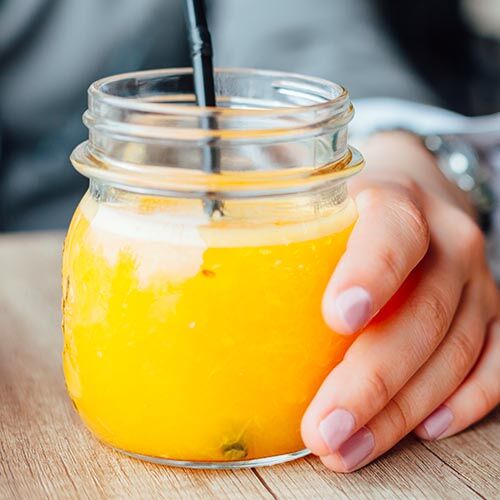
Sorbitol can cause bloating whether or not you have an intolerance to it. But if your daily juice habit is leaving you with unusual side effects, it’s possible you have a sorbitol intolerance.
“If you believe that high-sorbitol foods may be causing your problems, you can ask your doctor to undergo a test called hydrogen breath test to determine whether you have sorbitol intolerance,” Jillian Michaels says. “This test if very simple and consists in eating a dose of sorbitol and having your breath measured during the two to three hours after. If your breath contains higher levels of hydrogen than normal, it is the result of fermentation of the mal-absorbed sorbitol in your intestines and indicates a sorbitol intolerance.”
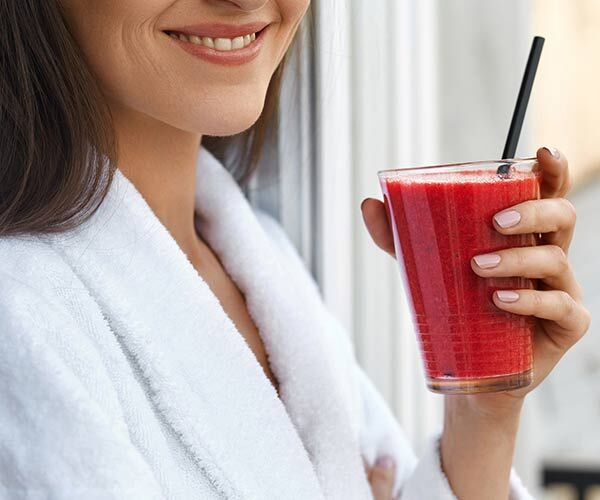
Of course, there are other pressing reasons why juice is not a good choice as your morning beverage (or your anytime beverage if you’re trying to lose weight). According to Dr. Frank Lipman, a pioneer in Functional Medicine who spoke with MindBodyGreen, juice is pretty much the equivalent of soda without bubbles.
“OK, so you swapped your favorite sugary soda for cranberry juice, thinking that it’s better for you,” Lipman says. “Though I applaud the effort to ditch the soda, replacing it with a fruit juice sugar-bomb is a lateral move. Unfortunately, most fruit juices (organic or otherwise) flood your body with just as much sugar as soda pop.”

According to Lipman, it’s really not ideal to consume anymore than 10 grams of added sugar each day. If you’re drinking juice on the regular, you’re getting a whole lot more than that.
Lipman says: “For example, the average 12-ounce soda contains roughly 35 to 45 grams of sugar. The same amount of orange juice comes in at about 30 grams; apple juice delivers about 40 grams and pomegranate juice can top 45 grams. That's simply an insane amount of sugar to consume in one sitting, no matter what type of beverage it is.”
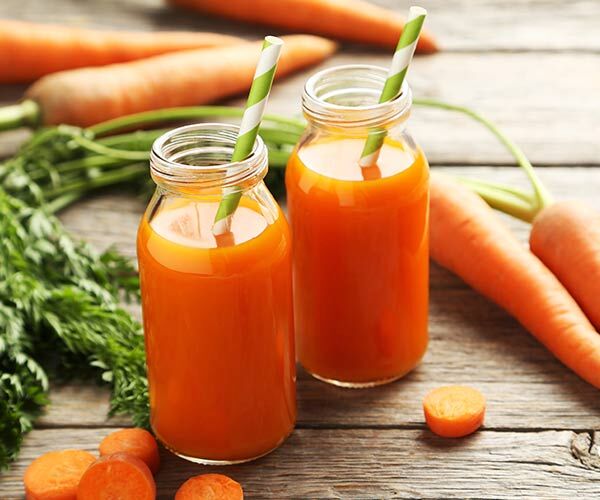
If you truly can't fathom skipping your favorite juice drinks each day, try swapping store-bought juice for juice you make at home. Use low-glycemic fruits and veggies like cherries, grapefruit, spinach, and carrots. And limit your intake to a small glass, or alternate days and enjoy tea or lemon water on other days.




